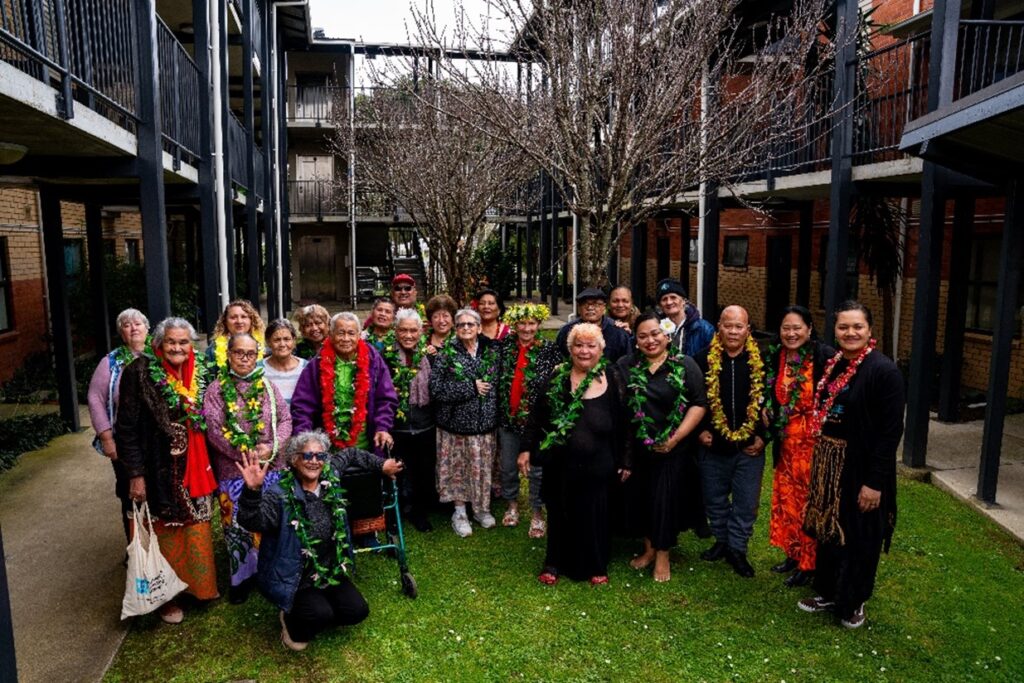In May 2024, Kainga Ora (Mangere) and TCC Healthy Families South Auckland formed a transformative partnership aimed at fostering food sovereignty among whanau (families) living in Kāinga Ora apartments. This initiative, based in Mangere, focused on equipping residents with the tools, resources, and training necessary to cultivate their own gardens in an apartment setting.

On June 12, 2024, the “Grow Your Own Garden” project was officially launched and ran until August 29, 2024. Over the course of three months, the HFSA Food Systems team delivered an intensive hands-on learning program designed to connect Pasifika residents with whenua (land) and integrate Māori and Pasifika indigenous knowledge systems into their gardening practices. This included weekly engagement sessions held every Wednesday at 10 AM on Mascot Road, collaborating with key Māori providers, such as Whenua Warriors and Mangere Mountain Education Centre, as well as a Samoan farming land expert.
The program flourished, resulting in high levels of resident participation and satisfaction. Participants reported harvesting fresh kai (food) from their gardens an average of twice during the three-month period. In addition to its primary goals, the initiative also addressed important issues such as mental wellness, social inclusivity, and physical activity through regular talanoa (conversations) and three key wananga (workshops) focused on celebrating successes in unique ways.
This partnership has fostered a self-determining community grounded in mana motuhake (self-determination) and has created an outpouring of aroha (love) and respect for the elders as knowledge holders. As the program concludes, we are excited to explore new ways to support the ongoing efforts of residents in their gardening pursuits.
Looking ahead, we emphasise the importance of vaa (relationships) in urban development to strengthen indigenous communities and their food systems. Māori and Pasifika peoples have traded kai for generations, a practice evident in our organic and heathy dietary preferences. By learning from vaa systems, we can better support our most vulnerable families and communities particularly elders, children, and women. We invite the community to join us in this journey toward food sovereignty and cultural empowerment, ensuring the legacy of this partnership continues to grow.